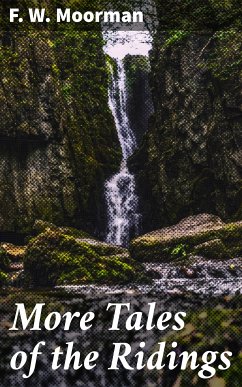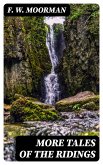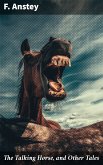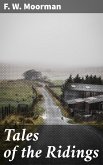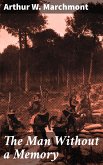In "More Tales of the Ridings," F. W. Moorman continues to explore the rich tapestry of rural life in the Yorkshire Dales, weaving together folklore, humor, and the unique dialect of the region. Through a series of interconnected stories, Moorman captures the essence of traditional English society at the turn of the 20th century, showcasing both its beauty and its complexities. The narrative is marked by a keen observational style, with lush descriptions that vividly bring the landscape and its inhabitants to life, reflecting the broader literary movement of regionalism that sought to give voice to local histories and cultures. F. W. Moorman, a respected scholar and writer, was deeply influenced by his love for the Yorkshire countryside and his commitment to capturing its essence through storytelling. His academic background in literature provided him with a nuanced understanding of narrative structure and character development, which he adeptly employs in this collection. Moorman'Äôs affinity for the region and his fascination with its local dialects inform his writing, allowing him to create authentic and relatable characters who resonate with readers and encapsulate the spirit of their environment. "More Tales of the Ridings" is highly recommended for readers interested in regional literature, folklore, and the depiction of everyday life in rural England. Moorman's work not only provides a nostalgic glimpse into the past but also serves as an invaluable record of Yorkshire's heritage and customs. This collection promises to captivate those who appreciate the intricacies of human experience and the beauty of storytelling rooted in place.
Dieser Download kann aus rechtlichen Gründen nur mit Rechnungsadresse in A, B, BG, CY, CZ, D, DK, EW, E, FIN, F, GR, H, IRL, I, LT, L, LR, M, NL, PL, P, R, S, SLO, SK ausgeliefert werden.

